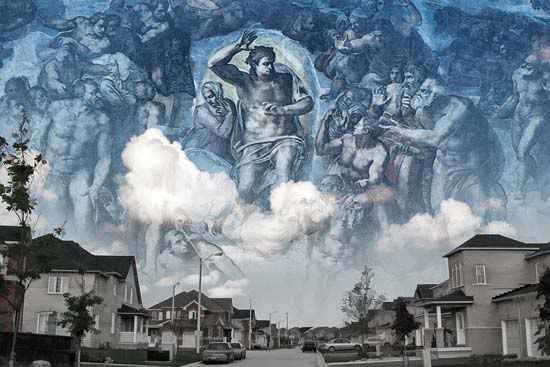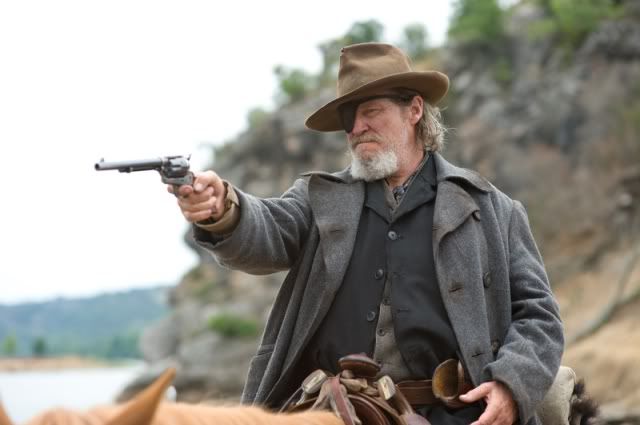
One of the oddest neglected fields in sociology and psychology is the effects of living in high rise buildings. It's possible some studies have been done on the subject, but I've never read of any.
As the world's population surges alarmingly, an ever-larger proportion of it lives in multi-story hives. That holds true in large cities everywhere; the few that have held onto their historic centers, like Paris and Rome, have simply put the high rises in suburbs. Nor is it only in megalopolises that high rise residences flourish. Ritzy seaside enclaves boast towers for living too, so developers can sell as many sea views as possible.
High rise living was almost unknown until the recent past. Ancient Rome and Ostia had apartment buildings (insulae), limited to four or five stories height. They were notoriously shoddy and constantly falling down. Only the poor in rough neighborhoods like the Subura lived in them. After the fall of Rome, living on top of and beneath other people stopped for 1,500 years, partly because the technology and engineering skills weren't available, partly because land was plentiful. The poor lived in appalling conditions, but they lived in their own space -- "a poor thing, but mine own."
Apartment buildings began to make a comeback in late 19th century Paris and London, but even they were not much taller than those of the Romans. It had to wait for the invention of the elevator and steel frame construction for real skyscrapers, and eventually high rise dwellings, to dominate the urban landscape. So there have really been only three or four generations in which lots of people lived well above ground level.
Well, so what? Aren't high rise apartments and condos great? If the altitude of your pad is great enough -- and the most prestigious units, or "penthouses," are at the very top -- you get a view for miles and miles. It might be a dreary landscape of other tall buildings, freeways, and malls, but at night even that can become a magical panorama of lights. Heck, even supposed ecological visionaries like James Howard Kunstler love the kind of high-density housing that high rises permit, so people will be able to multiply their numbers at will and still not take up more suburban space. Plus, if they are city office workers, they can live near their offices and not commute by car. I don't know why Kunstler doesn't pursue his logic all the way and advocate living quarters attached to offices in skyscrapers. It would be terribly efficient. Terribly.
Anyway, it seems to me that there is a cultural and emotional gap between living in a single house with at least a bit of turf around it you can call your own and being one of hundreds on dozens of floors. Why would anyone want to be surrounded left, right, above, and below by others? Especially with the poor sound insulation of most modern high rise residential construction?
Yet many do. You can buy rooms in the sky on the 30th floor for millions of dollars in places like New York. Are we creating a new breed of people with different values from those of almost all previous eras?
Manhattan, where practically all residences are in high rises (except for Gracie Mansion, the mayor's house -- if dwelling height is so wonderful, why doesn't the mayor live at the top?), serves as an instructive example. Manhattanites are different from those of us who prefer houses, and while there are surely lots of reasons, spending their home as well as working lives packed vertically is a major one.
High rises turn people into mass man, the end goal of all forms of collectivism. My observation is that New Yorkers have become psychologically attached to density. They are unlike people who become uncomfortable in crowds. They will happily queue up around the block to get into a popular show or fashionable restaurant: being in a huge throng reassures them that they are in the right place.
Still, even New York -- because of its history (time to create some sort of manners for living with others constantly around them), residual wealth, and culture -- generally manages to blend a degree of civilization into the mix. That almost certainly isn't true of new high rise cities that have sprung up in the past 30 years, containing millions of people. What does the high rise life do to the heads of occupants who have gone in their own lives from peasantry to urban slabs in China, India, Brazil, Nairobi?
In fact, while the people in Cairo who are currently tearing up their city undoubtedly have politics in their forebrains, is it possible that behind at least some of the instability is the shock of finding themselves uprooted and suspended in forests of concrete? Steve Sailer touches on Egypt's overpopulation issue, and as usual lots of short-sighted critics insist that the population growth party can go on forever, just like economists insisted that the great borrow-and-spend bubble could.
Maybe we are evolving into human ant colonies where individual space is a luxury for the very rich, and even many of them don't care about it. At least for the rest of my lifetime, it will be possible to live in a house if my luck holds. It would be nice if future generations had the same opportunity.





















